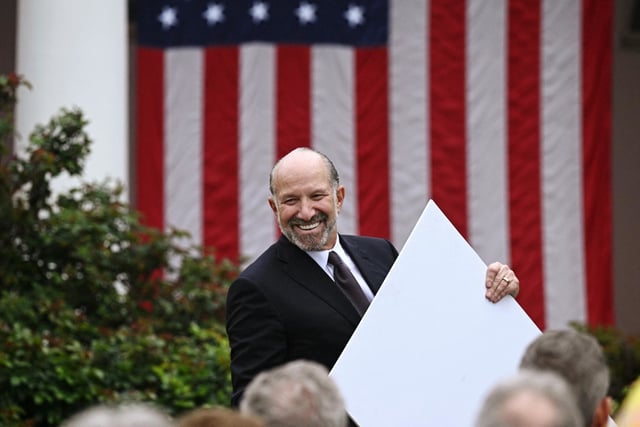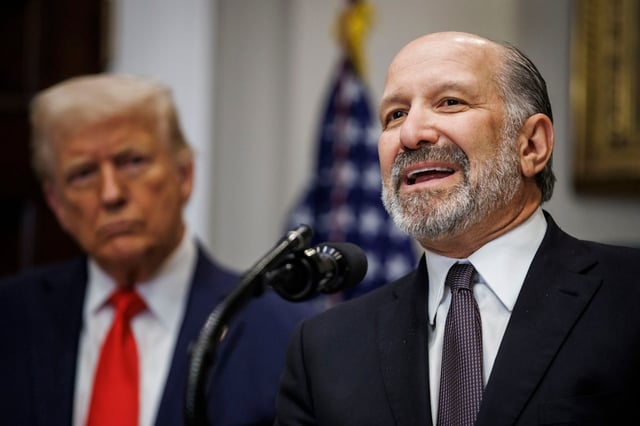Overview
- Commerce Secretary Howard Lutnick proposed a model where Americans and their descendants commit to lifelong employment in highly automated domestic factories.
- Lutnick framed the plan as a way to reverse offshoring and revitalize domestic manufacturing, emphasizing jobs maintaining robotic systems in advanced auto plants.
- Critics, including Malcolm Ferguson of The New Republic, argue the plan echoes historical serfdom by binding workers to generational immobility in a single industry.
- The proposal has drawn attention to contradictions in the Trump administration's economic policies, including tariffs and cuts to manufacturing support programs like the Manufacturing Extension Partnership.
- Experts have highlighted the tension between praising factory work and the administration's broader moves to reduce funding for programs that support U.S. manufacturers.



